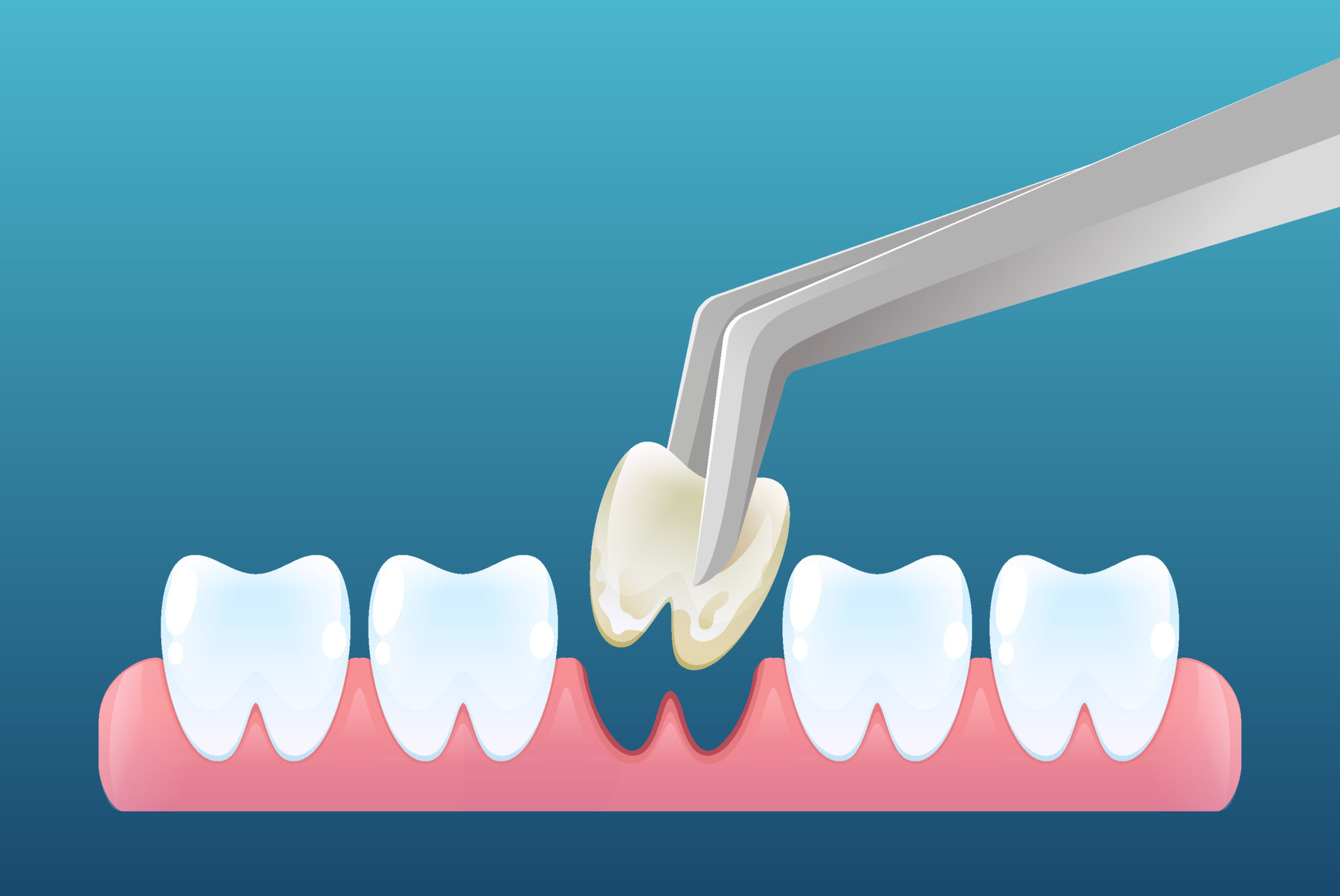
Wisdom teeth are also known as the third molars at the back of your mouth. It is not always required to remove your wisdom teeth. You should know when to keep the wisdom tooth and when to opt for wisdom tooth extraction.
- If your wisdom teeth are not giving you any pain, it does not mean everything is all right. It may be possible that your wisdom teeth get impacted or stuck, which means they can’t break through your jaw and into your mouth.
- Your teeth could be growing at an angle to other teeth, or maybe your mouth is too small to make space for them. If it pushes up against the adjacent tooth, it may damage the other tooth.
Some dentists recommend removing healthy molars to avert problems later on. The ageing process makes the bones in your mouth harder, which make your teeth difficult to remove. If you choose to delay, problems can resurface after surgery, ranging from heavy bleeding and fractured teeth to intense numbness and somewhat loss of movement in your jaw. These problems could endure for some days or even a lifetime.
When Should You Opt for Wisdom Tooth Extraction?
When wisdom teeth cause problems for you or X-rays reveal they aren’t aligned and is down the line, you will require wisdom tooth extraction.
Here are the other known reasons for wisdom tooth removal:
- Cavities: Swollen gums can form pockets between teeth that help bacteria develop, creating cavities.
- Teeth Alignment: Affected wisdom teeth can create problems for other surrounding teeth and may even make the treatment necessary to straighten other teeth.
- Inflamed Gums: The tissue around the area can swell and may even get difficult to clean.
- Damage to Other Teeth: The extra set of molars can push your other teeth around, which can cause bite problems and pain in the mouth.
- Damage to the Jaw: Cysts can form around your wisdom teeth that are not fully erupted, but they can also affect other teeth. If left untreated, they can affect your jaw and damage nerves.
- Sinus Problems: Wisdom teeth problems can lead to sinus pressure, congestion and pain.
Your Wisdom Teeth May Not Need Extraction If They Are:
- Matured (fully erupted) and healthy
- Can be cleaned as part of daily hygiene practices
- Placed correctly and can bite food properly with the neighbouring teeth
If You’re Not Sure – Always Consult Your Dentist.
For wisdom tooth removal, an experienced dentist will consider the below before making a decision:
- The shape of your mouth
- The position of your teeth
- And your age
If you’re not ready to part with your molars yet, then you can get advice from your dentist for the recommended course of action. You can delay wisdom teeth removal for a few months in some cases to see if things improve. However, if you experience a bad odour or swelling or pain near your back teeth, it may be time to examine again. Your dentist can see the position and health of your wisdom teeth and will be able to recommend the best course of action for your situation.
Also Read: Are Regular Dental Checkups Significant?









